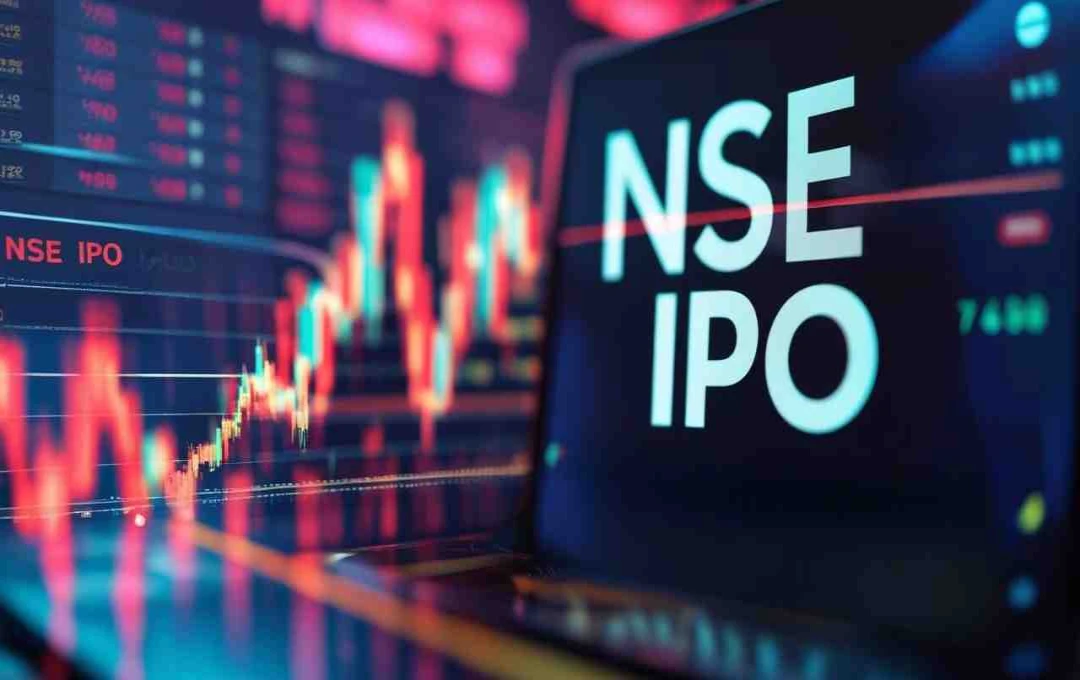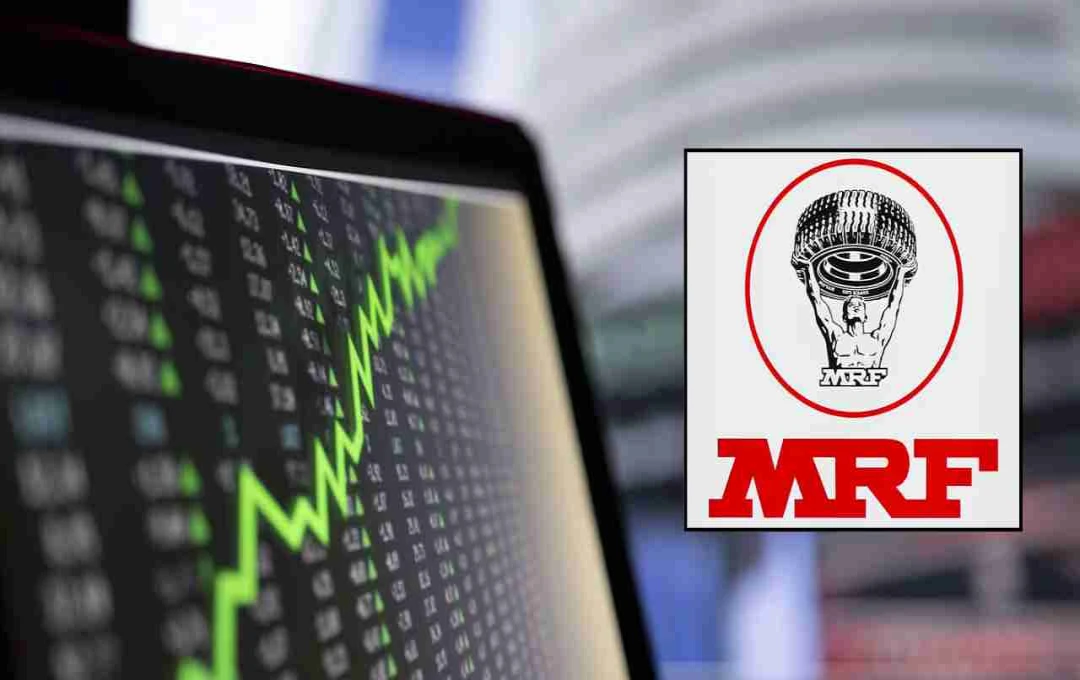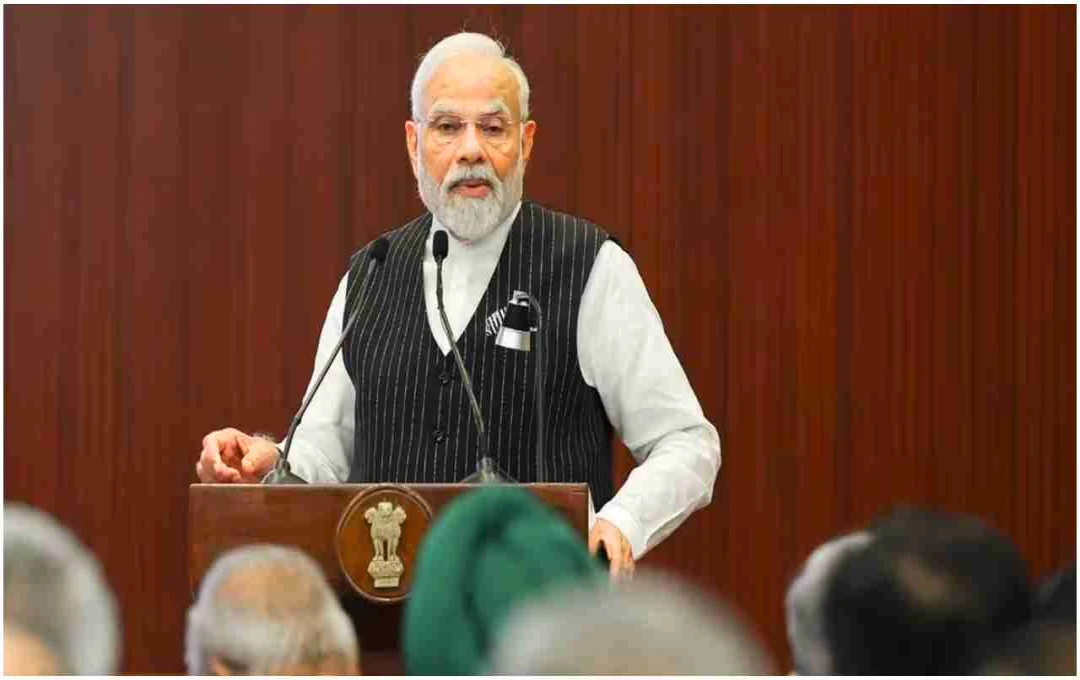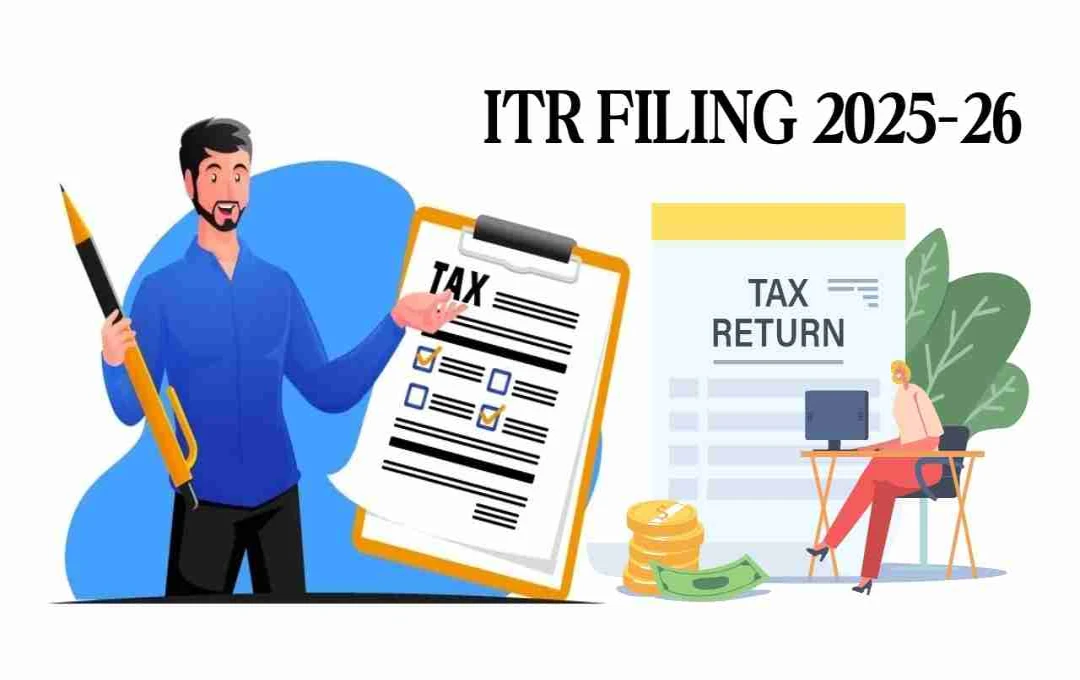The National Stock Exchange of India (NSE) Initial Public Offering (IPO) remains uncertain. Plans for listing have been underway since 2016, but have been repeatedly delayed due to the co-location controversy, technical glitches, and objections from the Securities and Exchange Board of India (SEBI) regarding governance issues.
Major Hurdles to Listing
The biggest obstacle to NSE's listing is the co-location case that emerged in 2015. Following a whistleblower complaint, SEBI launched an investigation revealing that certain brokers were given unfair and preferential access to the exchange's secondary server, providing them with an undue trading advantage. In 2019, SEBI took action against NSE and its former officials. This case remains under Supreme Court and CBI investigation.

Furthermore, SEBI has raised serious concerns about NSE's technological infrastructure and governance. Recurring technical issues in trading, KMP (Key Managerial Personnel) salary discrepancies, the absence of an independent chairman, and the autonomy of the clearing corporation remain unresolved.
NSE's Proposed Settlement
NSE has submitted a proposal to SEBI suggesting a settlement to resolve all pending issues. NSE is prepared to pay fines and make changes to its internal structure. The company has also assured implementation of technical improvements, increased transparency in its governance structure, and a balanced salary structure.
NSE first applied to SEBI for an IPO in 2016, but regulatory objections led to delays. SEBI clarified in 2019 that a new application would not be considered until the co-location matter was resolved.
Currently, NSE has over 100,000 shareholders, and its shares are actively traded in the unlisted market. There is significant pressure from investors and major shareholders for a speedy listing to increase valuation and provide an exit option.
According to SEBI regulations, a stock exchange cannot list on its own platform; therefore, NSE must list on the Bombay Stock Exchange (BSE). Many major global stock exchanges—such as the BSE, London Stock Exchange, Deutsche Börse (Germany), and Singapore Exchange—are already publicly listed.













